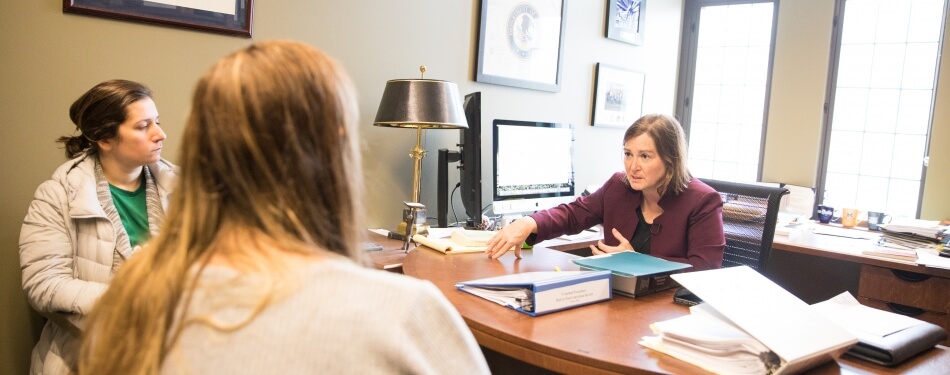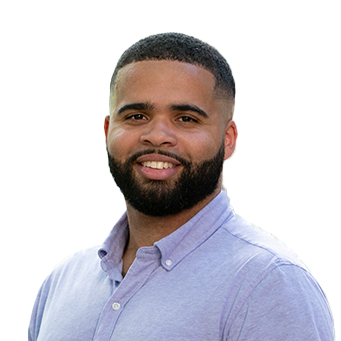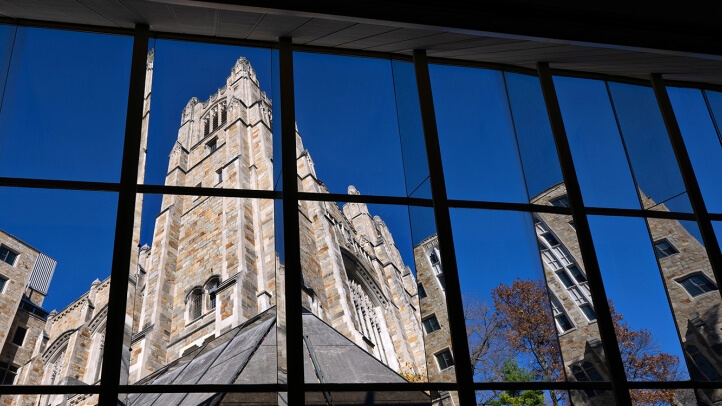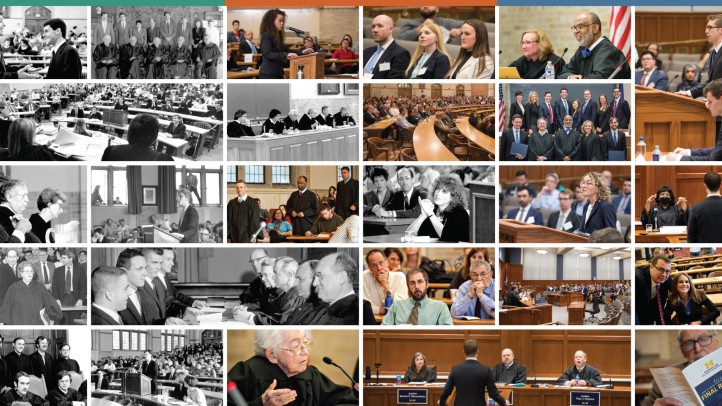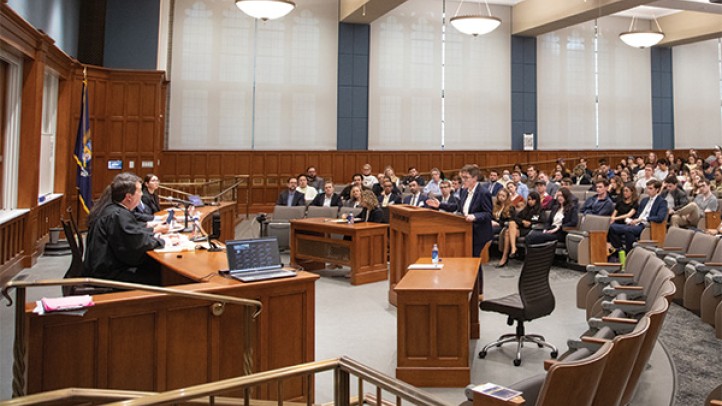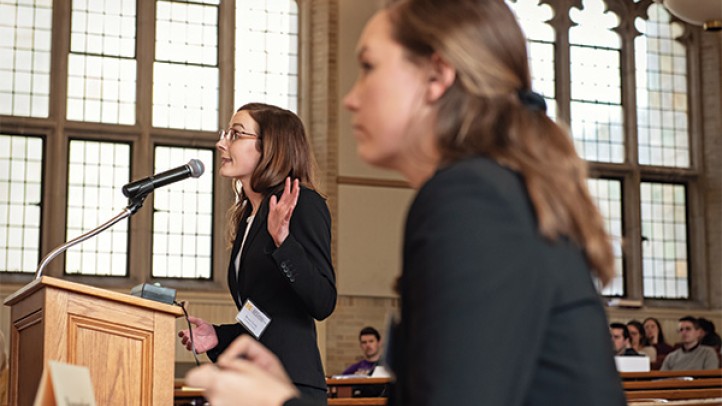Learning Litigation: Theory and Practice
Litigators aren’t just combatants in court. They are strategists and tacticians as well. And serving clients in the context of litigation requires more than just fluency in the substantive and procedural law governing the dispute. It requires a diverse set of skills—drafting pleadings and motions, negotiating with an adversary, arguing in front of a judge or jury—each of which is difficult to master.
Your legal education in litigation should do two things for you.
- First, it should give you a powerful command of the legal rules governing civil and criminal litigation and the principles behind them.
- Second, it should give you practical litigation skills—some of which apply inside court, and some of which apply outside—and the confidence to use them effectively.
Along each of these dimensions, Michigan Law offers depth and perspective that most law schools can’t match.
Our faculty produces game-changing scholarship that has shaped litigation and the law, and how it’s taught in law schools around the country—people like Richard Friedman, who wrote the leading casebook on evidence. And they offer practical approaches to litigation you won’t find anywhere else, like Mathias Reimann’s advanced course on jurisdiction and choice of law.
Litigation is woven into the fabric of dozens of courses focused on substantive areas of law (like patent litigation, civil rights litigation, or commercial litigation), taught by top litigators in the field. In fact, in many cases students assist with active litigation led by our faculty. These include cases such as:
- Vance v. Trump (the Supreme Court case testing whether a state prosecutor can investigate the President)
- Michigan House of Representatives v. Whitmer (in which the state legislature challenged the governor’s shelter-in-place COVID-19 orders)
- Cockrum v. Donald J. Trump for President (suing the Trump campaign for violations of a Reconstruction-Era civil rights statute)
- Fry v. Napoleon Community Schools (the U.S. Supreme Court disability rights case that allowed service dogs in class)
- Young v. UPS (the U.S. Supreme Court pregnancy discrimination case protecting workplace accommodations for pregnant employees)
Our Faculty
Featured Scholarship
"The Mismatched Goals of Bankruptcy and Mass Tort Litigation"
- Litigation
"Is You Is or Is You Ain’t My Client? Navigating the Mysteries of Prospective and Organizational Representation"
Litigation
- Litigation
"The Joy of the Fight: What Litigators Can Learn from the Marital Arts"
- Litigation
"Paying for Performance? Attorneys' Fees in Fraud Class Actions"
- Corporate and Securities Law
- Litigation

